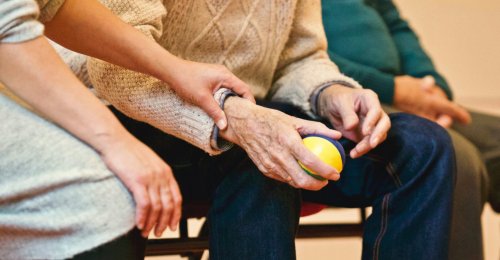Domestic Violence Overview/FAQ

Domestic Violence Overview/FAQ

What is domestic violence?
Domestic violence can affect anyone- men, women, and children. Spouses abuse their partners, parents abuse children, and siblings abuse each other.
Abuse can be physical, sexual, emotional, or verbal. It includes threatening, controlling, and stalking. It includes isolating a person from friends or family, not permitting him/her to get a job or have any money, or hurting pets.
Where can I get help?
If you are being abused, you are not alone. You can get help. Every state has a network of domestic violence projects. They provide emotional support, safe housing, counselling, safety planning, and advocacy.
- Go here to find a help agency in your area.
- Or call the National Domestic Violence Hotline: 1-800-799-SAFE(7233). They can refer you to your local agency.
- For emergency help, call 911.
The military has also developed systems to help victims of domestic violence. These military resources may be your best option if you are stationed overseas. Get more resources by clicking here.
The rest of the information on this page summarizes how the civilian laws work.
What laws help me?
All states give special legal protections to victims of domestic violence. These laws provide an easy process for going to court to get a protection order. This is often called a TRO (Temporary Restraining Order) or a PFA (Protection from Abuse Order).
How do I get a protection order?
Depending on state law, you may be able to get an "ex parte" order. This means a temporary, emergency order given before the person abusing you is notified. Once the emergency order is in place, the court holds a follow-up hearing to extend the order. Often the parties end up agreeing to a more long-term order.
Do I need a lawyer?
In many states victims can get orders without the help of a lawyer. The courts are set up for this. Contact your local court to find out more specifics about your state court procedures. Or contact the domestic violence agency or low-income legal services office in your area. They can help you decide whether you can do this on your own, or refer to you a free lawyer (if you qualify for free services).
How will a protective order help?
- not contact the victim
- not abuse, harass, or bother the victim
- not follow the victim, or go to the victim's home or work place
Often the order will also address issues around children - where they will live, what kind of contact the other parent can have, and child support. A typical order can last 6 months to 2 years (depending on state law). During this time, you should make some decisions and take some actions to either:
- resolve the abuse issues, or
- seek a more permanent court order, such as a divorce or a parental rights order (for unmarried parents)
How do I know that my abuser won't ignore or violate the order?
You can't know this for sure. Getting a protection order may not always be your best first step. Again, we encourage you to talk with your nearest domestic violence agency to help you sort things out and to make a plan.
Criminal laws in every state also make behaviors such as assault, criminal threatening, and rape an offense against the state. These offenses can result in fines and jail sentences. You can file a criminal charge through your local police or your town, county, or district attorney's office. Again, we urge you to get advice and support from your nearest domestic violence agency. They can help you decide your next steps.
Can a protective order affect the abuser's right to have a weapon?
Yes. This rule is governed by federal law. So every state must enforce it. If you are the Defendant (someone is trying to get a protective order against you), you should get legal advice. Find out what may happen to your ability to have a weapon, especially if you are currently in the military.
Get more information:
National Domestic Violence Hotline
National Coalition Against Domestic Violence
